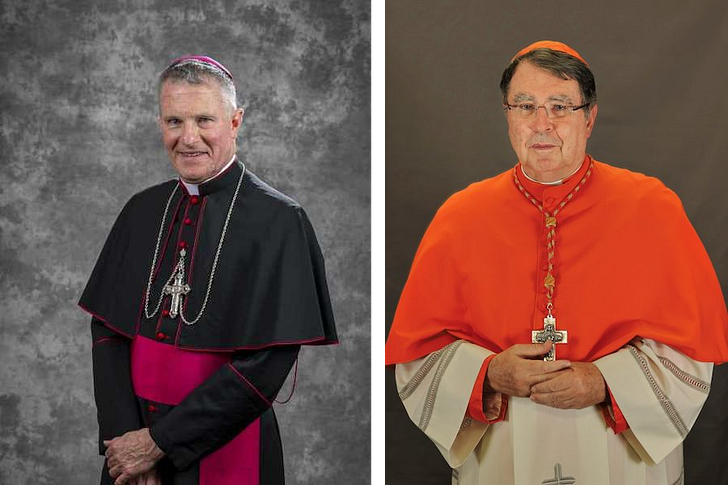Broglio, Pierre spar on synodality in the US Church
Broglio told The Pillar that he thinks Pierre's reflections as presented in a recent interview do not really reflect the Church in the United States.
The concept of synodality took center stage in the opening speeches at the U.S. bishops’ conference meeting this week, with the papal nuncio stressing the need for the bishops to embrace synodality, and the conference president ways the bishops are already living out the model.

The speeches follow tension within the conference, after an interview earlier…
